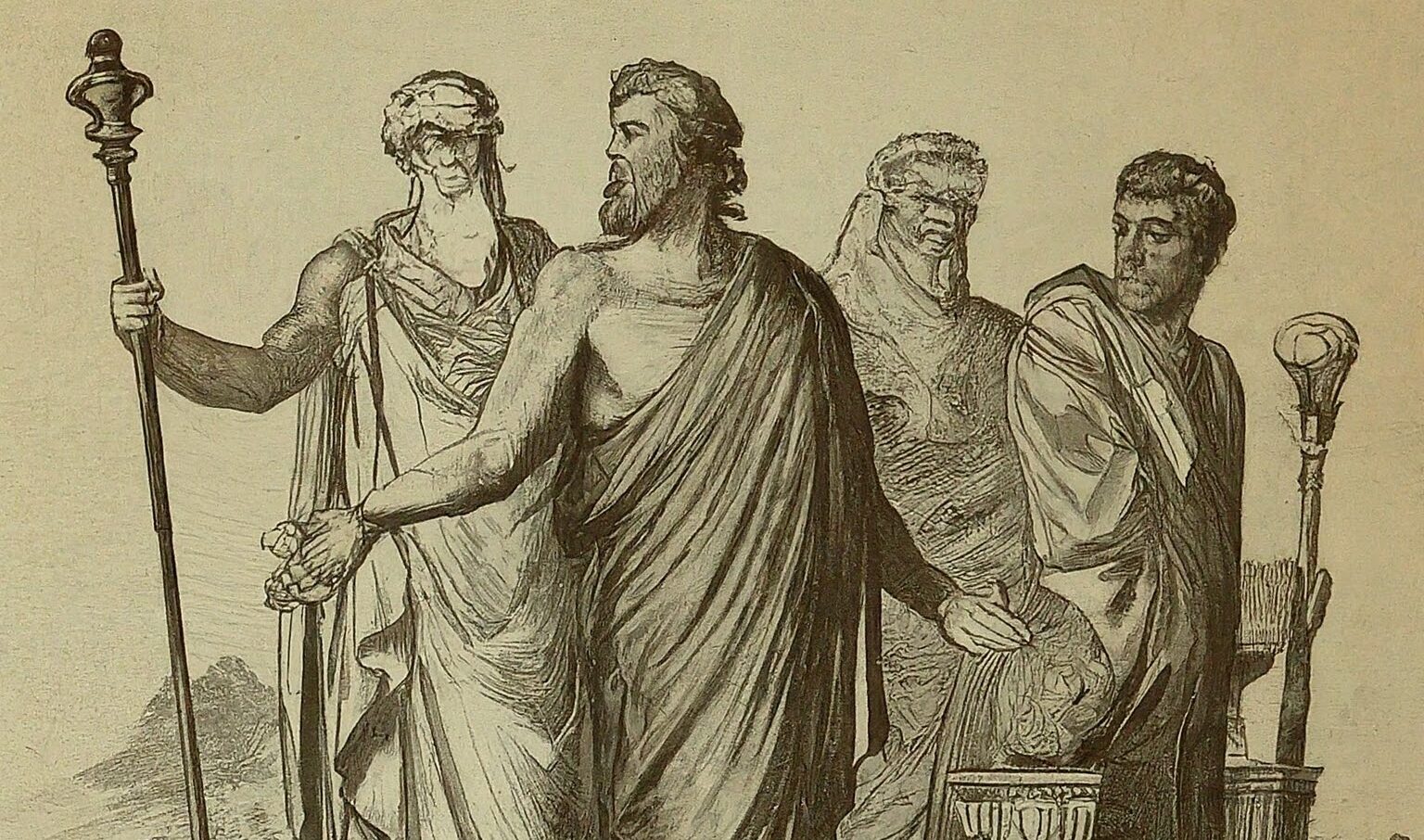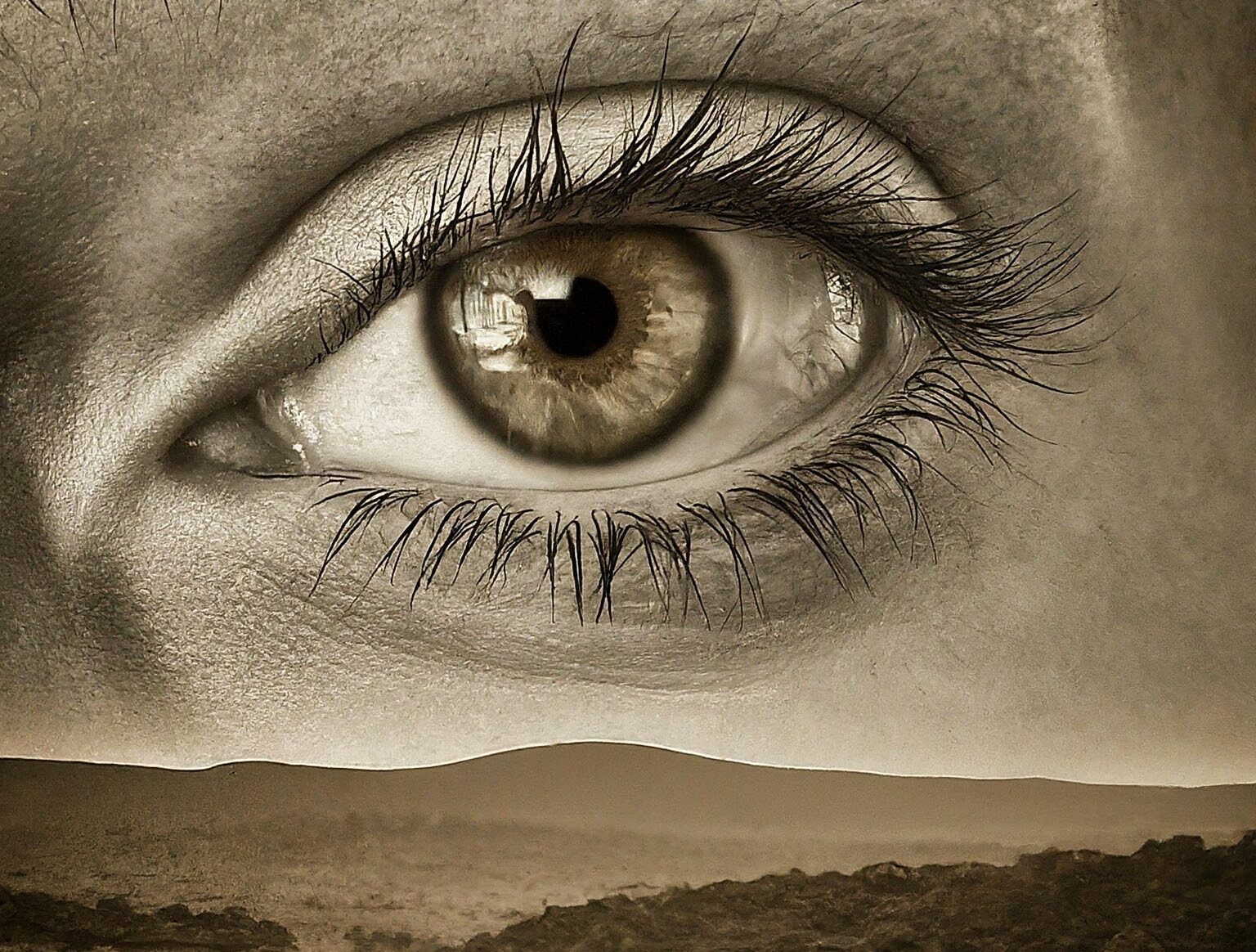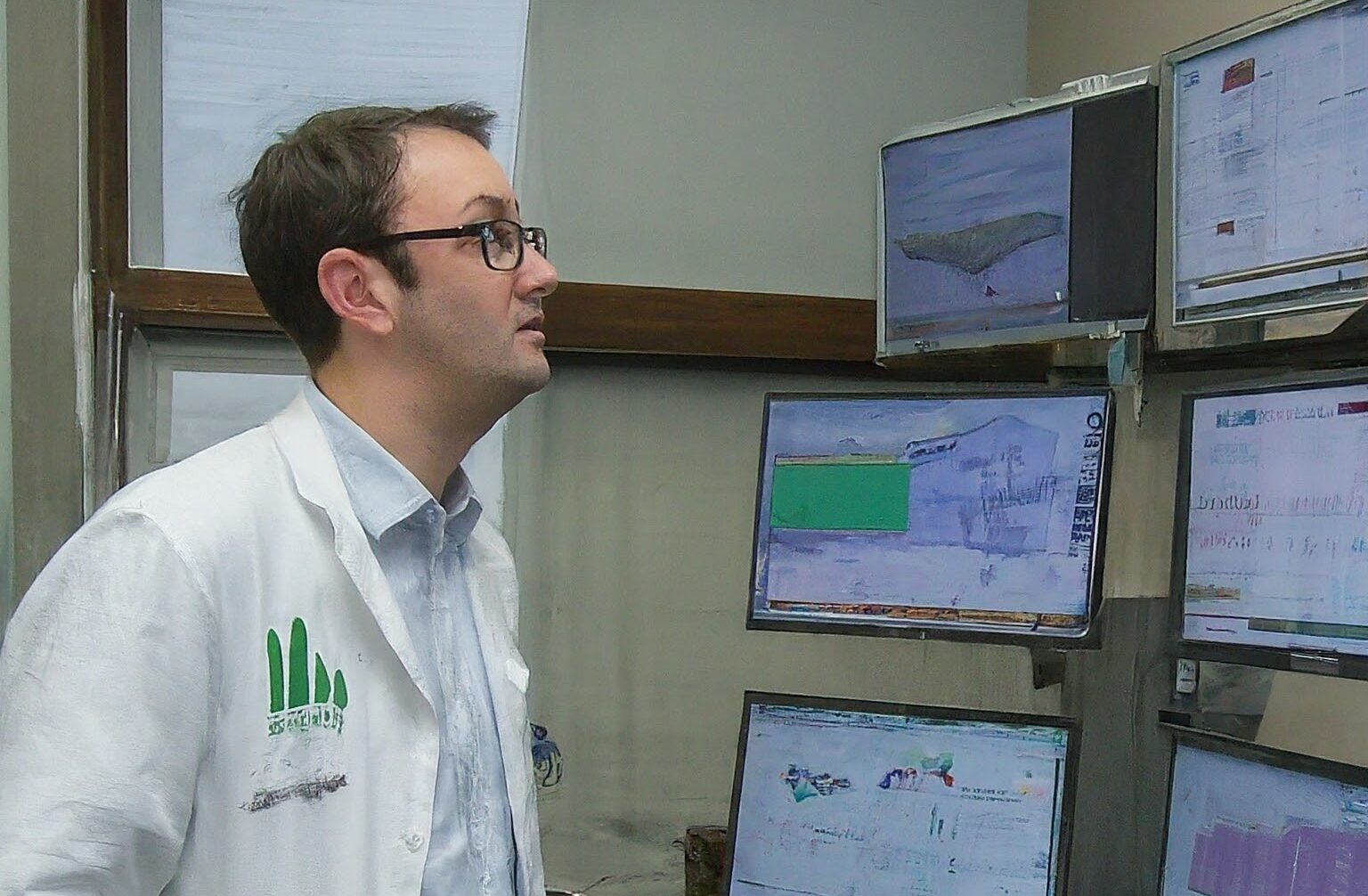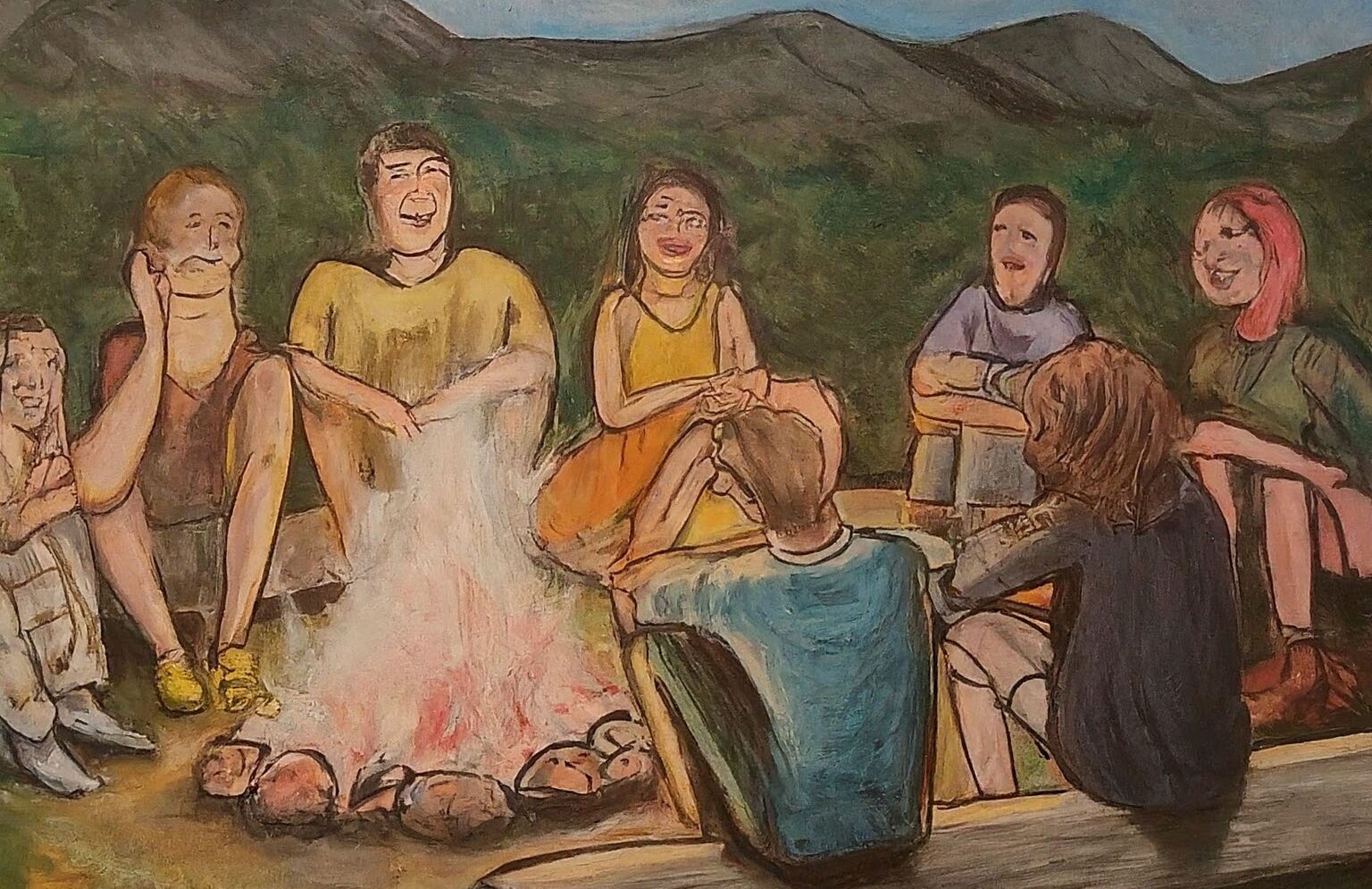Precognition 101
Introduction/Overview
Welcome to our community’s ultimate guide to precognition! Get ready to explore the fascinating world of precognition without falling into paranormal stereotypes or skepticism. Science is unraveling the mysteries of time, psychological capacities, and the prevalence of precognitive experiences in our lives. Our insights are drawn from a wealth of studies, verified claims, and personal experiences. Join us as we delve into these intriguing aspects of existence!
Here’s an overview of what our guide to precognition covers:
 | Introduction Throughout history, precognition has sparked curiosity and ignited imaginations, with accounts of prophetic dreams and intuitive hunches fueling our desire to pierce the veil of time. Now, science is starting to catch up, with a growing body of research and personal stories suggesting precognition may be a real phenomenon waiting to be understood. |
 | What is Precognition? Have you ever had an unsettlingly realistic dream that later played out in real life, or a gut feeling that steered you clear of trouble? These experiences may be your brush with precognition, the ability to perceive future events before they unfold. Often confused with clairvoyance (seeing distant happenings), precognition specifically refers to foreknowledge of future events. This foreknowledge can manifest in various ways, including vivid dreams, intuitive feelings, or sudden flashes of insight. |
 | Scientific Explorations of Precognition Despite its elusive nature, precognition has attracted the attention of many scientists. Numerous studies have investigated the possibility of precognition, with some reporting intriguing results. For instance, controlled experiments have shown that participants can occasionally predict future events, such as card selections or random number sequences, at a rate higher than chance. |
 | Types of Precognition Precognitive experiences can be broadly categorized into two types: active and passive. Active precognition involves actively seeking precognitive information, such as through meditation or dream exploration. In contrast, passive precognition involves receiving precognitive information spontaneously, often without conscious effort. |
 | Real-World Experiences of Precognition Countless individuals have reported precognitive experiences throughout history. These experiences range from mundane occurrences, such as predicting minor accidents, to life-altering events, such as foreseeing major disasters. While these accounts are personal and can’t be definitively proven by science yet, they paint a vivid picture of how precognition might influence our lives. |
 | Enhancing Precognitive Abilities Some believe precognition isn’t just a gift you’re born with – it can be nurtured! Practices like mindfulness meditation, keeping a dream journal, and honing your intuition might help you tap into this ability. |
 | Ethical Considerations and Societal Implications The proven existence of precognition raises significant ethical and societal questions. Since precognition is a real phenomenon, it has profound implications for our understanding of free will, human destiny, and even the nature of time itself. |
 | Conclusion Precognition is a fascinating topic with a growing body of scientific evidence, personal stories, and compelling research. As we explore our potential and the universe’s secrets, who knows what we might discover about precognition and our place in it all? |